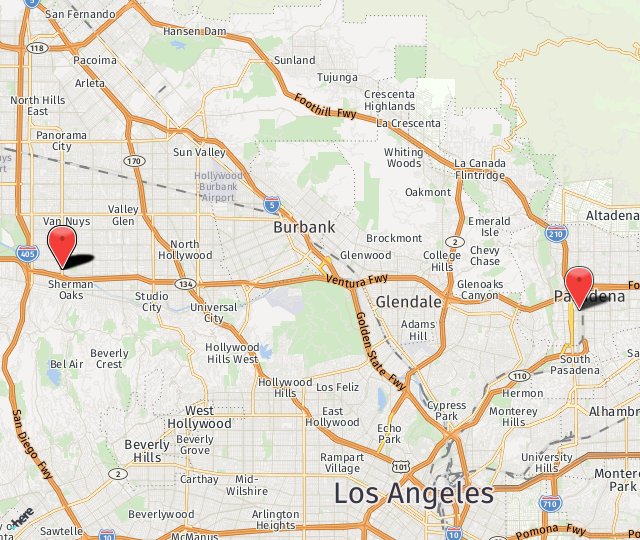What is TMJ Disease?
Temporomandibular joint (TMJ) disorder, or TMJ syndrome, is a condition that affects the joints and muscles that control jaw movement. It can cause pain and dysfunction in the jaw joint and surrounding muscles, leading to difficulty chewing, speaking, and even opening or closing the mouth.
Common symptoms of TMJ disorder include:
- Jaw pain or tenderness
- Clicking, popping, or grating sounds in the jaw joint
- Difficulty opening or closing the mouth
- Jaw locking
- Facial pain
- Headaches
- Earaches
- Neck and shoulder pain
TMJ disorder can be caused by various factors, including jaw injury, arthritis, teeth grinding (bruxism), misaligned teeth, stress, or genetic predisposition.
Diagnosis of TMJ Disease
Diagnosing TMJ disorder typically involves:
- Reviewing symptoms and medical history
- Physical examination of the jaw, face, and neck
- Palpation of the jaw joint and surrounding muscles
- Assessment of jaw movement and function
- Imaging tests, such as X-rays, CT scans, or MRI scans, to evaluate the TMJ and surrounding structures
A comprehensive evaluation helps determine the underlying cause of TMJ symptoms and guides treatment planning.
Management of TMJ Disease
Treatment for TMJ disorder aims to relieve symptoms, improve jaw function, and address underlying causes. Depending on the severity and specific symptoms, management strategies may include:
- Self-care measures, such as applying heat or ice packs, eating soft foods, and practicing relaxation techniques
- Medications, such as pain relievers, muscle relaxants, or anti-inflammatory drugs
- Physical therapy to strengthen jaw muscles, improve flexibility, and promote proper jaw alignment
- Dental treatments, such as occlusal splints (night guards), orthodontic adjustments, or dental restorations
- Injections, such as corticosteroids or botulinum toxin (Botox), to reduce pain and muscle tension
- Surgery may be considered in severe cases or when conservative treatments fail to provide relief. Surgical options may include arthrocentesis, arthroscopy, or open joint surgery to repair or replace damaged joint structures.
Your healthcare provider will develop a personalized treatment plan based on your specific symptoms, medical history, and individual needs.
About Our Specialists
At the Southern California Center for Surgical Arts, our team includes skilled specialists experienced in diagnosing and managing TMJ disorder. We are committed to providing comprehensive care and helping patients find relief from TMJ symptoms.
Schedule a Consultation
If you’re experiencing symptoms of TMJ disorder or have concerns about your jaw health, we encourage you to schedule a consultation with our specialists. We’ll evaluate your condition, discuss treatment options, and develop a personalized plan to address your needs.
Contact us at our Sherman Oaks office at (818) 789-6622 or our Pasadena office at (624) 440-0099 to book your appointment today.

